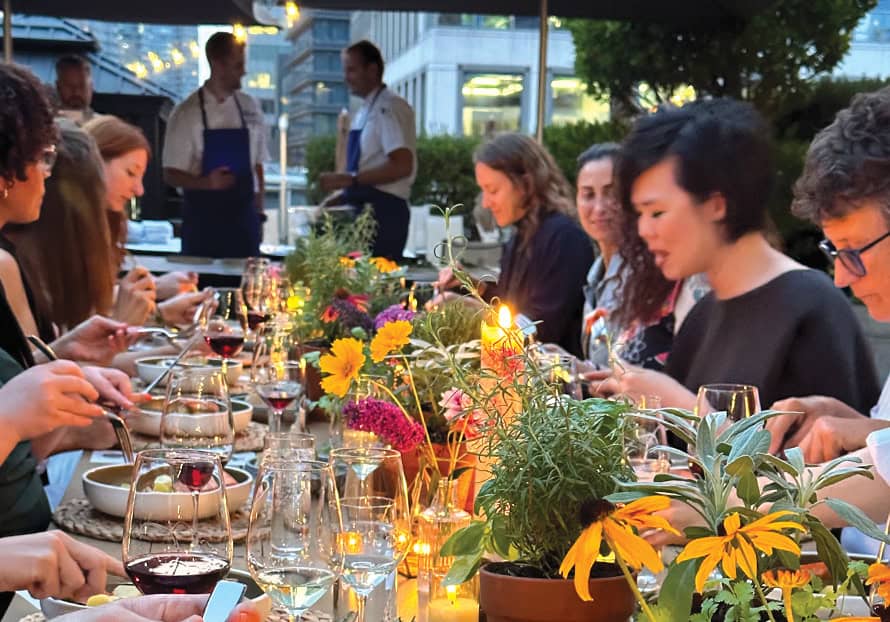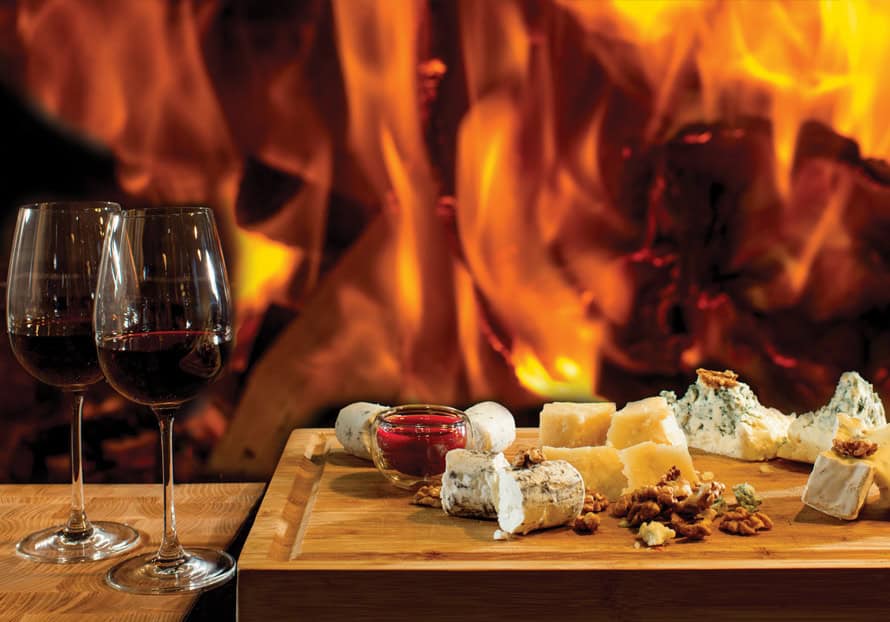By Mark Eglington
In the 1800s, a visit from the doctor usually meant bad news. Hence, the lowly apple became a panacea for the young, old and anyone in between.
Back in the day, produce quickly found its way from farm to plate. The famous “doctor’s apples” were handpicked from local orchards. Today our food distribution is more complex, but we know more about what it takes for our bodies and our crops to thrive. And we’ve studied the impact of environmental pollution on our food supply and our health. Scientists now know definitively that apples have vitamin C and fibre but also fisetin (for anti-aging), quercetin (a cancer risk reducer), pectin (to lower bad cholesterol/blood pressure), and boron (for healthier brains and stronger bones). They also know that vitamin C is water soluble and an antioxidant, that B vitamins are lost during transport and storage, and that fat-soluble nutrients such as vitamins A and E and carotenoids (including lycopene) are sensitive to heat, light, oxygen and pH.
A kinder kitchen
Suffice it to say, there’s still a lot to learn. But clearly the simple concept of “nutrition preservation” is key. Instead of letting our food’s precious “ goodness” go up into thin air, we might want to focus on preserving what’s already there.
It’s about finding more responsible ways to treat our fresh ingredients and animals and to respect the value they bring. It’s about thinking about better ways to handle, refrigerate, prep and cook food so as to preserve its intrinsic value.
Today, led by some of the world’s leading chefs, we’re hunting for local foods that are farm to fork and boat to plate, as well as raw and chemical and cruelty free. Giving up meat and following a vegetarian or vegan lifestyle is en vogue, as is the whole-animal movement—spawned by chefs who use everything from nose to tail. The bottom line: If we treat and preserve food well before it reaches our dinner tables, it will be fresher, tastier and provide full nutritional value.
Fresh ideas
When it comes to technological innovations, the ever energy-conscious Europeans have upped their game in both the refrigeration and cooking categories. Clearly, caring appliance companies such as Liebherr and AEG are revolutionizing the industry with quiet, energy-smart cooking and refrigeration products that are wellness-oriented.
Supercool, Superfrost and Biofresh are Liebherr’s “fresh forward” technologies that help you better manage the “cool chain” as you bring home, put away and use your groceries.
Consider cooking with steam and sous vide. Best-in-class steam ovens from AEG can reduce your cooking time, improve flavour intensity, reduce dryness and deliver healthier meals.
Regardless of your cooking style or the food movement you follow, it’s time to reinvent your kitchen and treat not just your apples, but all of your foods, with kindness.

ela.ca
For more than 15 years, Mark Eglington has been passionate about European-manufactured best-in-class appliances. By day he’s President of Canadian-owned Euro-Line Appliances; by night he can be found entertaining friends and perfecting his cooking skills.








